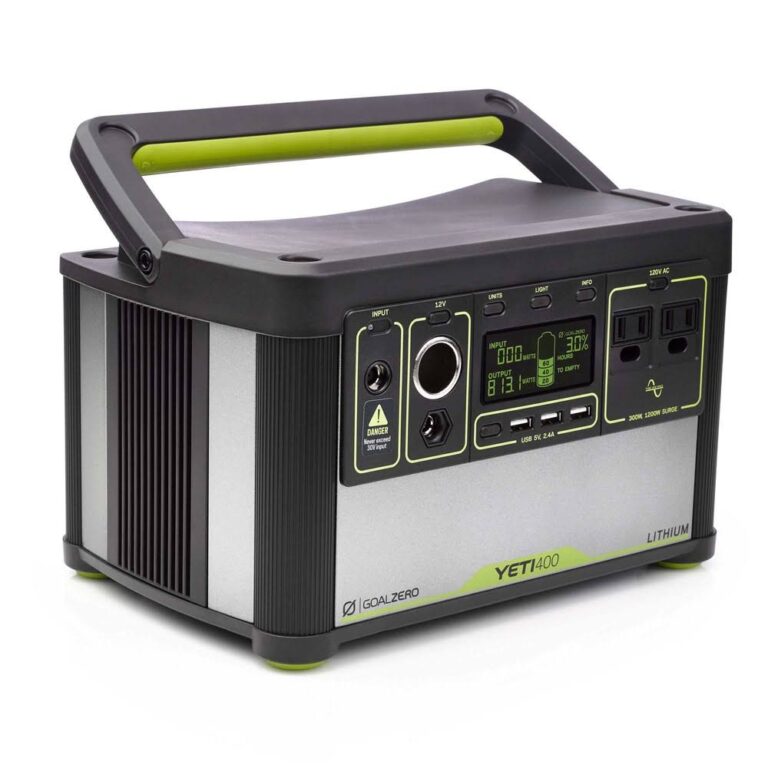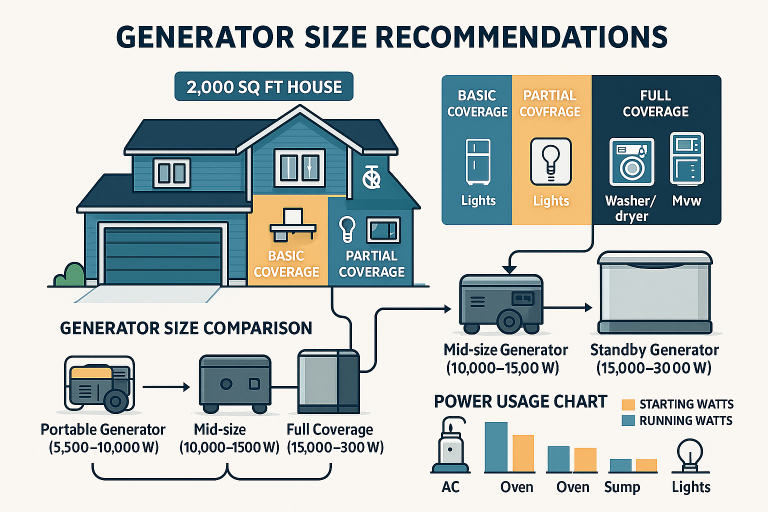Best Portable Generator For Camping
As an avid camper, I know how crucial it is to have a reliable power source while enjoying the great outdoors. That’s why I’ve put together this guide to help you choose the best portable generator for your camping adventures.
We’ll discuss key factors to consider, explore popular models, and delve into the importance of power output and noise level.
Let’s find the perfect generator that provides necessary power while being quiet and easy to transport.
Key Takeaways
- Power output is an important factor when choosing a portable generator for camping.
- Noise level should be low to avoid disturbing yourself and fellow campers.
- Consider a solar generator for a more sustainable and versatile option.
- Weight and size should be portable for easy transportation.
Factors to Consider When Choosing a Portable Generator for Camping
When choosing a portable generator for camping, the weight of the generator is an important factor to consider. As a camper, I want to make sure that I can easily transport the generator to my desired camping location without any hassle.
Additionally, I want to maximize the benefits of a solar generator, which offers a more sustainable and versatile option for powering my devices. Not only is it environmentally friendly, but it also reduces the need for fuel and provides a reliable source of power.
Moreover, I’m also looking for fuel efficiency options to ensure that I can make the most out of my camping experience without constantly worrying about refueling the generator.
With these considerations in mind, I can find the perfect portable generator that meets all my camping needs.
Popular Portable Generators for Camping
I highly recommend checking out the Honda EU2200i and Yamaha EF2000iSv2 as popular portable generators for camping. These generators have been well-reviewed by campers for their reliability and performance.
When it comes to portable generator maintenance, it’s important to consider the fuel options. Both the Honda EU2200i and Yamaha EF2000iSv2 are gasoline-powered generators, which means you’ll need to have a supply of gasoline on hand. It’s also important to properly store and maintain the fuel to ensure the generator runs smoothly.
Comparing fuel options, some campers prefer propane-powered generators as they offer cleaner and more efficient fuel consumption. However, the Honda EU2200i and Yamaha EF2000iSv2 are still popular choices due to their power output, noise level, and portability features.
Importance of Power Output in a Portable Generator
For a portable generator, the power output is crucial because it determines if the generator can run all of your devices. When choosing a portable generator for camping, it’s important to consider the power output in order to ensure that it meets your needs.
Smaller devices like fans or laptops typically require around 100 watts, while larger appliances may need 1,000 watts or more. It’s also worth noting that solar generators have the advantage of being able to generate power through sunlight, providing a more sustainable and versatile option.
When comparing the power output in different portable generators, it’s important to consider the specific wattage requirements of your devices in order to ensure that the generator can meet your power needs while camping.
Considerations for Noise Level in a Portable Generator
One of the most important considerations for me when choosing a portable generator is its noise level. No one wants to deal with a loud generator that disturbs both myself and fellow campers.
To reduce noise levels in a portable generator, here are some tips:
- Look for generators specifically designed to be quiet, such as the Honda EU2200i or Yamaha EF2000iSv2.
- Consider using a solar generator for camping. Solar generators are typically quieter than traditional fuel-powered generators and offer the advantage of sustainability.
- Place the generator on a soft surface or use noise-reducing materials to help dampen the sound.
Weight and Size Considerations for a Portable Generator
When considering a portable generator for camping, it’s important to take into account the weight and size for easy transportation. Carrying a heavy and bulky generator can be cumbersome, especially when you have to hike to your camping location. Look for generators that are specifically designed to be portable, with features like wheels and handles that make moving them much easier.
Additionally, if you’re looking for a more sustainable and versatile option, consider solar generator options. These generators harness the power of the sun to generate electricity, eliminating the need for fuel and reducing noise pollution. They’re also typically lightweight and compact, making them ideal for camping trips where portability is key.
Best Portable Generator For Camping
The best portable generator for camping depends on your specific needs and budget. Some popular options include the Honda EU2200i, the Yamaha EF2000iSv2, and the Goal Zero Yeti 400 Lithium Portable Power Station. The Honda and Yamaha generators are both highly rated for their quiet operation and reliable power output, while the Goal Zero Yeti is a versatile option that can be charged through solar panels and used to power a variety of devices. It’s also important to consider the weight and size of the generator, as you will need to transport it to your camping location.
| Generator | Power Output | Noise Level | Weight | Size | Charging Options |
|---|---|---|---|---|---|
| Honda EU2200i | 2200 watts | 48-57 dBA | 47 lbs | 20.2 x 11.4 x 16.7 inches | N/A |
| Yamaha EF2000iSv2 | 2000 watts | 51.5 dBA | 44.1 lbs | 19 x 11.4 x 17.9 inches | N/A |
| Goal Zero Yeti 400 Lithium Portable Power Station | 400 watts | N/A | 30 lbs | 9 x 5 x 8 inches | Solar and AC power |
When it comes to camping, having access to electricity can make a huge difference in terms of comfort and convenience. From powering lights and appliances to charging electronic devices, a portable generator is an essential piece of gear for many campers. However, with so many options on the market, choosing the best portable generator for camping can be a daunting task.
One important factor to consider when selecting a generator is the power output. This is measured in watts, and you’ll want to make sure that the generator you choose can provide enough power to run all of the devices you plan to use. For example, a small portable fan or a laptop might only require around 100 watts, while a larger appliance like a mini-fridge or an air conditioner might require 1,000 watts or more.
Another important factor to consider is the noise level of the generator. This can be a major concern when camping, as a loud generator can disturb both you and your fellow campers. Look for generators that are specifically designed to be quiet, such as the Honda EU2200i or the Yamaha EF2000iSv2. These models are highly rated for their quiet operation and reliable power output.
Another option to consider is a solar generator, like the Goal Zero Yeti 400 Lithium Portable Power Station. This type of generator can be charged through solar panels, making it a great choice for campers who want to reduce their reliance on traditional fuel sources. The Yeti 400 offers a versatile option that can be used to power a variety of devices, including lights, appliances, and electronic devices. It’s also relatively lightweight and easy to transport, making it a great choice for camping.
Another important factor to consider is the weight and size of the generator. You’ll need to transport it to your camping location, so a generator that is too heavy or bulky to carry can be a major inconvenience. Look for generators that are specifically designed to be portable, with features like wheels and handles that make them easy to move around.
When it comes to choosing the best portable generator for camping, there are a lot of factors to consider. The Honda EU2200i, the Yamaha EF2000iSv2, and the Goal Zero Yeti 400 Lithium Portable Power Station are all excellent options that offer different advantages. Ultimately, the best choice for you will depend on your specific needs and budget. By considering factors such as power output, noise level, weight, size, and portability, you can be sure to find a generator that meets your needs and ensures that your camping experience is as comfortable and convenient as possible.



